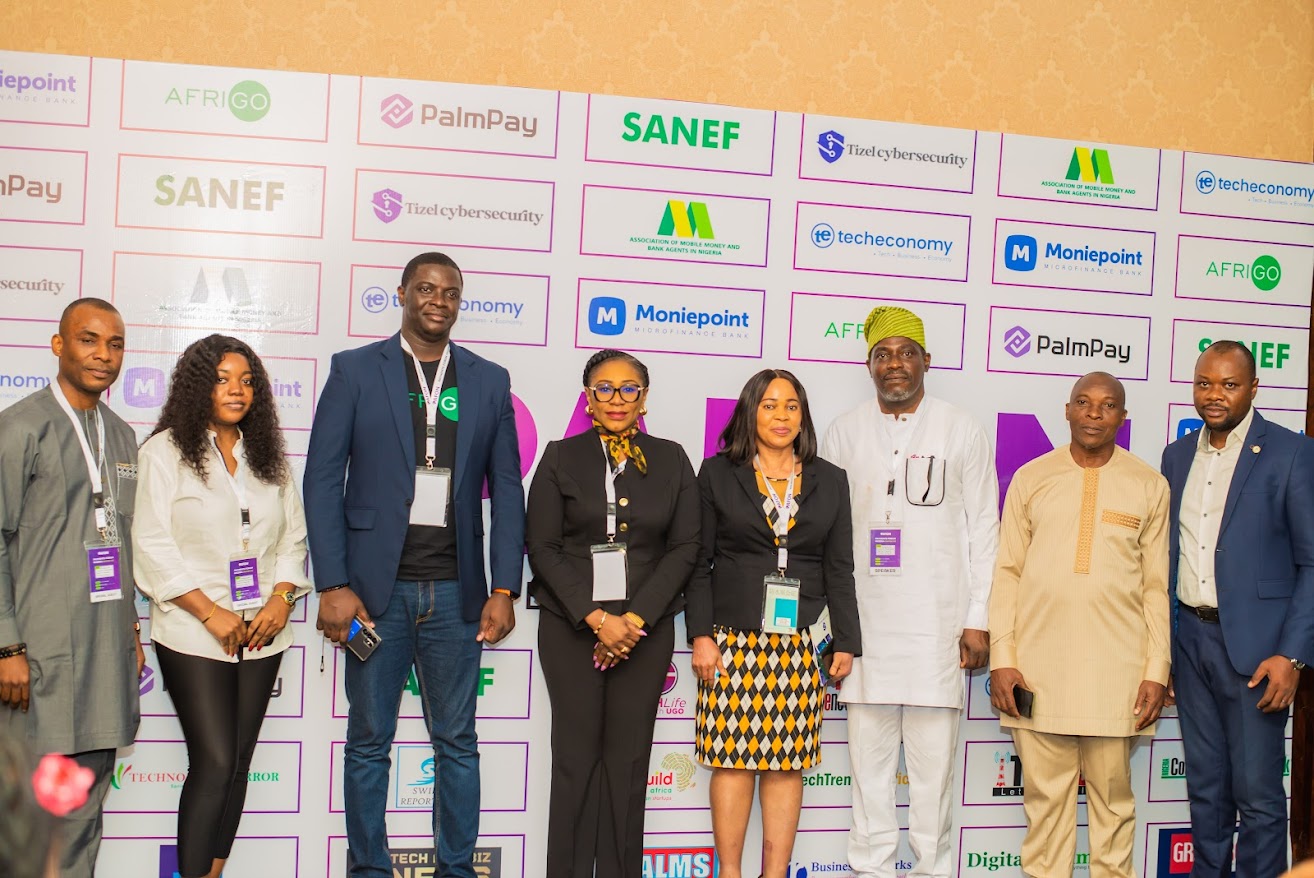Improved efforts at collaboration among financial service providers, telecommunication operators, and tech Startups, with conscious effort geared at consumer awareness, have been proffered as key remedies to the challenge of financial inclusion in the country.
This is the viewpoint of stakeholders that gathered for the second edition of Payment Forum Nigeria (PAFON 2.0) held recently in Lagos.
Delivering a keynote address on the theme, “Bridging the Customer Experience Gap for Financial Inclusion Using AI”, Ebehijie Momoh (Mrs.), the managing director and chief executive officer of AfriGoPay Financial Services Limited, said that with 64% of Nigerian adults being financial included the country has made immense progress in that regards.
She said that between 2012 till date, the country has recorded robust regulatory reforms, especially the launch of the Bank Verification Number (BVN) in 2014 making it easier to identify and track customers across different banks.
“This initiative enhanced the credibility of the financial sector and increased confidence in formal banking systems.
The growth in adoption of smartphones has also helped the financial sector to leapfrog financial inclusion. Nigeria has 142.16 mobile internet subscriptions with an average consumption of ~7.04GB / month as of January 2025. If you juxtapose it to the 15.9% decline in shipments of feature phones to 18.8 million units in Africa as at Q1 2024, you will understand that the uptake in smartphones has helped us a great deal.
Mrs. Momoh who spoke through Mr. Munachi Duru, the head of Innovation and Strategic Partnership at AfriGoPay, said the adoption of artificial intelligence banking gave birth to solutions like smile identity, a leading KYC verification provider launches facial recognition capabilities in Nigeria as neobanks and commercial banks are deploying AI-based KYC verification tools, enabling cheaper and efficient customer acquisition and servicing.
In her goodwill message, Mrs. Uche Uzoebo, MD/CEO, Shared Agent Network Expansion Facilities Limited (SANEF) Limited said that with progress made in accelerating financial inclusion to unbanked and underbanked communities in Nigeria, SANEF has leveraged Artificial Intelligence (AI) as the next step to advancement in financial services in the country.
She noted that as technology evolves rapidly within the financial ecosystem, Financial Inclusion must continue to be at the center of the nation’s progress.
According to her, agent banking has been a game-changer in expanding financial inclusion across Nigeria. “By deploying agents in underserved areas, we have brought financial services and banking products such as account opening, cash in, cash out, bill payment, transfers and other services closer to the unbanked and underserved.”
Speaking during a panel session, Mr. Ibirogba Oluwagunwa, chairman, Lagos State Chapter of the Association of Mobile Money & Bank Agents in Nigeria (AMMBAN), spoke of lack of collaboration and slow institutional drive towards AI as key barriers hindering digital inclusion.
He harped on the need for information sharing among fintech operators, and improved free flow of information to consumers. “The human barrier angle needs to be addressed. Fintechs need to be pushed to move forward, AI cannot operate itself.”
In his contribution, Mr. Chika Nwosu, managing director of PalmPay, reiterated the need to reach the consumers with simple format communication and education style.
He said operators should create awareness and design consumer–centric approach in developing any products. This will not only draw the consumers towards the product but also generate trust and ease the use of such products.
Focusing on the use of AI to ensure reach, inclusion and security, Azure Application and AI Specialist at Microsoft UK, Olusoji Solomon Adeyemo, spoke on the need for AI and Blockchain in the bid to extend services to rural communities and the unbanked.
According to him, “AI, Blockchain and CBDs are shaping the future of payment, and there is a serious need for education. We need to align with global trends in new tech adoption.”
While noting that AI can ensure reach, Adeyomo said blockchain will also create digital identity that is exclusive and will promote digital financial inclusion.
In her position, Oluwabunmi Ogunyemi, the customer support lead at Moniepoint MFB, proffered physical and digital meet with customers, even in rural areas, as a viable means of inclusivity.
Also speaking, Olusegun Afolabi, the co-founder of Face Technologies UK Ltd., called for improved collaborations among stakeholders in the financial sector.
According to him, the fintech companies must also embrace effective identification solutions, focusing on biometrics and card technologies to ensure topnotch security for users.
Earlier in his opening remarks, Mr. Peter Oluka, co-Convener of the Forum, noted that the financial inclusion journey in the country has come to a crucial juncture where over 30 million adults are still financially excluded, many of whom reside in rural areas or belong to vulnerable demographics.
He noted that despite 12% growth in access to formal financial services between 2020 and 2023, as recorded by the EFInA Access to Financial Services Survey 2023, challenges still exist that hinders the unlocking of the potentials of digital payments to drive inclusive growth in Nigeria.
He further posited: “As digital infrastructure grows and fintech innovation accelerates, we must channel these advancements toward building a more inclusive, secure, and trusted financial ecosystem. This is not just about transactions — it’s about empowerment, opportunity, and economic participation for all.
Nodding in agreement, Mr. Chike Onwuegbuchi, co-Convener, PAFON, reiterated the need for all stakeholders in the financial payment industry, including regulators, to participate in forums as PAFON, to map out, growth strategies with consumers and other strata of the ecosystem.
He promised to invite security stakeholders, such as the EFCC and others in subsequent editions of the event. This will help give insight into security concerns in deployment of products and services in rural and unbanked communities.
Payments Forum Nigeria (PAFON) is a platform dedicated to shaping the future of digital payments and financial services in our country.
![]()






























































